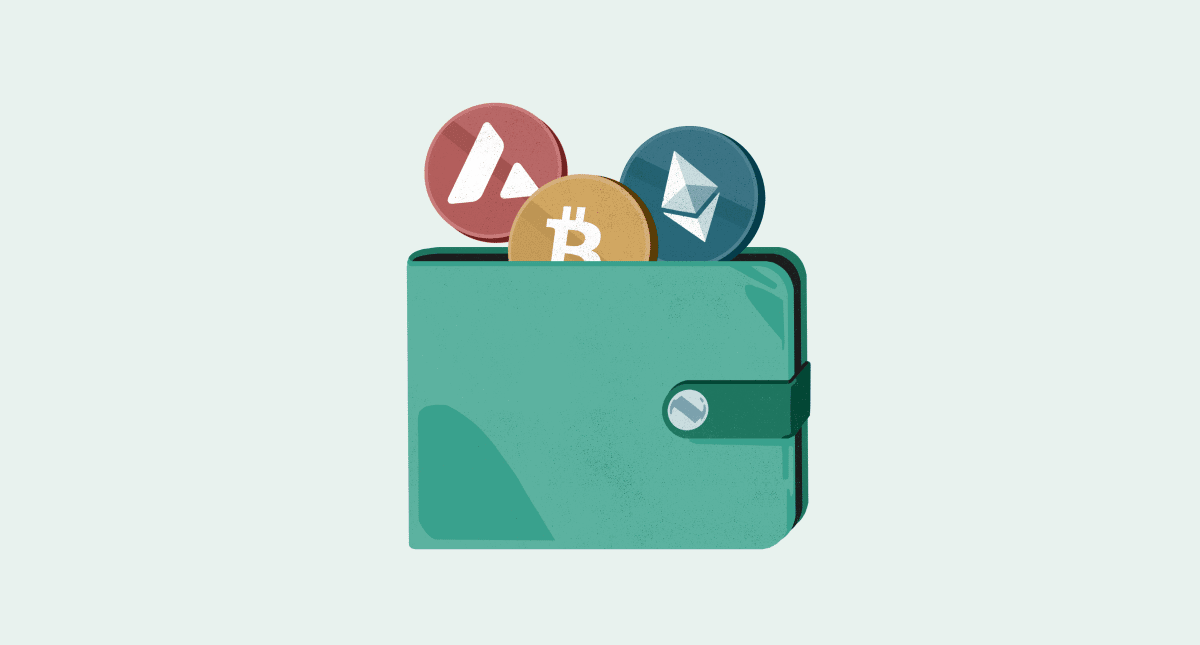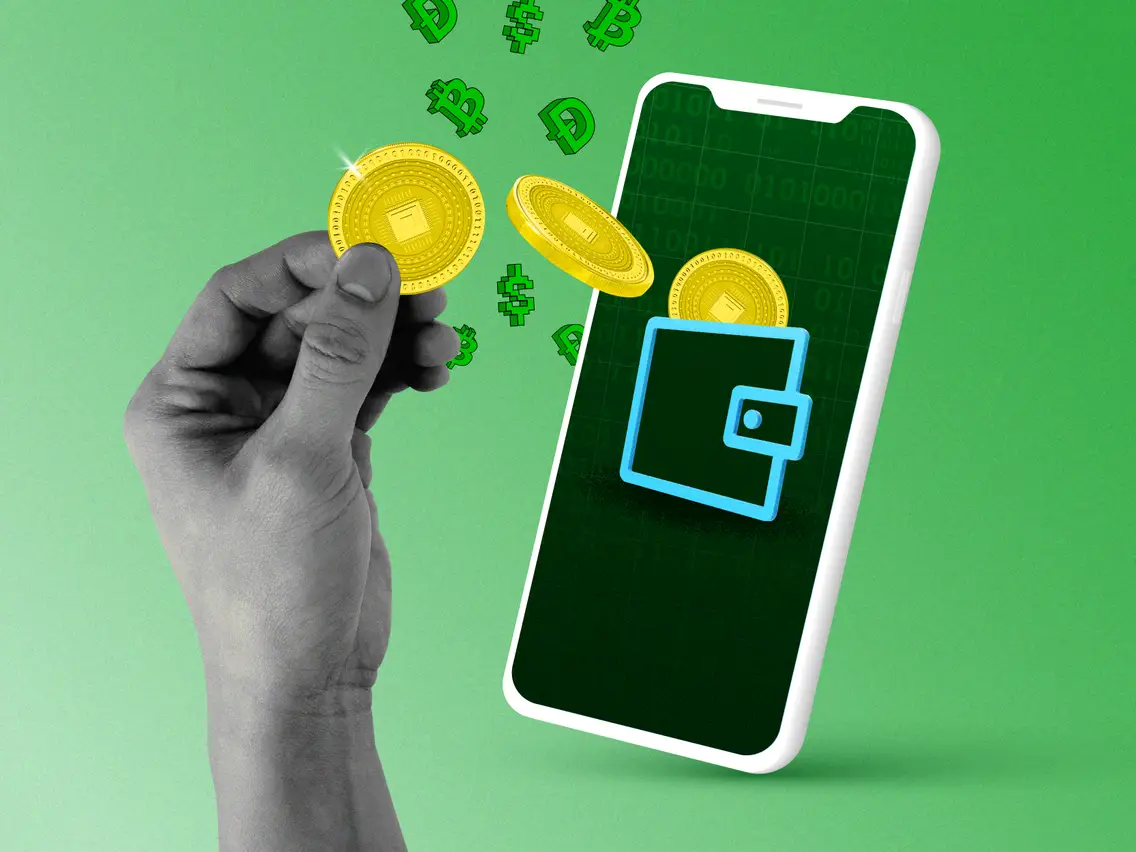Wallets provide a convenient way for cryptocurrency holders to manage their holdings by storing their private and public keys safely. Furthermore, they back blockchain-based cryptocurrency transactions. Some wallets even allow you to trade your cryptocurrency or engage with decentralized apps directly from the wallet. One of the bots that is still helping traders make money in the crypto market is bitcoinloophole.
Remember that exchanging cryptocurrency tokens does not equate to sending crypto tokens from one mobile device to another. Token transfers are signed with a user’s private key and the detailed data are broadcasted in every block of the blockchain. By going through a verification process the transactional data will be saved in the blocks permanently.
The name “wallet” is misleading since digital currency wallets don’t contain coins and bills as traditional wallets do. Instead, they have custody of the secret keys that unlock the public ledger and reveal your address balances. They indirectly make your crypto holdings safe that you have in the blockchain node.
To what end do cryptocurrency wallets serve?
In contrast to conventional wallets, which may physically carry cash, crypto wallets do not keep your cryptocurrency but safeguard them. If you want access to the funds you’ve put on the blockchain, you’ll need to have a private key. Having the keys verifies your possession of digital money, which may subsequently be spent or exchanged. Only by regaining access to the private keys can the lost funds be restored. Always use a trusted wallet provider, such as Coinbase, or make sure your hardware wallet is stored safely.
Kindly elucidate the workings of a bitcoin wallet
A broad range of crypto wallets are available, from simple smartphone applications to complex hardware wallets. These are the most common types of wallets you may choose from:
-
Paper wallets:
Paper wallet is a safe wallet because most paper wallets’ keys are kept in a secret location, and are often written down on paper. Since it is impossible to physically transfer or spend bitcoin, you can only use it to buy things on the online cryptocurrency market. As a result, your spending options will be limited.
-
Hardware wallet:
The private keys for a cryptocurrency are stored on a dedicated thumb drive in a hardware wallet, which is kept safe until the moment comes to spend the coin.
-
Online wallets:
Online wallet is a hot wallet that is only managed with the help of internet. Use a two-factor authentication method along with your online wallet app or another software where your private keys are kept for the highest level of protection. Therefore, making purchases with bitcoin is as easy as making purchases with any other online banking, payment system, or brokerage platform.
Some cryptocurrency wallet programs allow you fast and easy access to your bitcoin holdings. They offer-
- Controlling of all your digital possessions in one safe location.
- Keeping your secret codes under your control.
- You can make international cryptocurrency transfers to and from any location.
- Use user names for communication instead of complicated hexadecimal “public key” addresses.
- Exploring Dapps (decentralized finance apps)
- Spend your cryptocurrency at merchants who accept it.
It is suggested that before just picking one you analyze the security and usability of different wallets by comparing their features.
In Defense of a Cryptocurrency Wallet
You can only trust the security of your cryptocurrency to the wallet it’s kept in. While saving some quantity of cryptocurrency in the exchange’s wallet is possible, this is only recommended if the amount is minimal or you want to trade it regularly.
It would help if you moved the bulk of your holdings to a crypto wallet, whether a hot wallet or a cold wallet, for security reasons when dealing with more significant sums. To put it another way, you’ll still be in charge of your cash while retaining possession of your digital assets’ private keys.
Conclusion:
A cryptocurrency wallet can be thought of as a private cryptocurrency bank account. Hardware wallets prioritize safety, whereas software wallets prioritize convenience. Finding out what kind of wallet you prefer is the first step. Learn as much as possible about your choices, such as how much they will cost and how safe they will make you feel.













